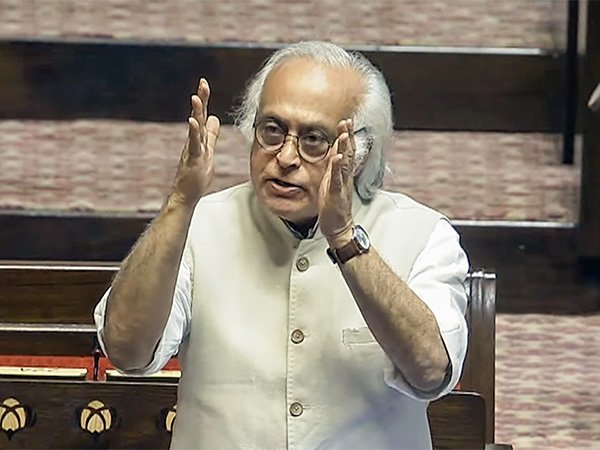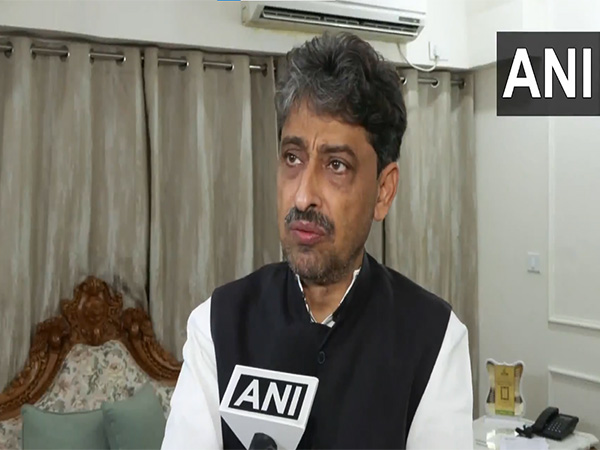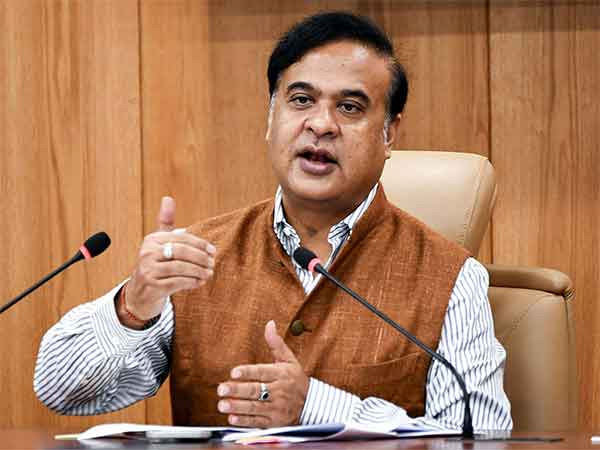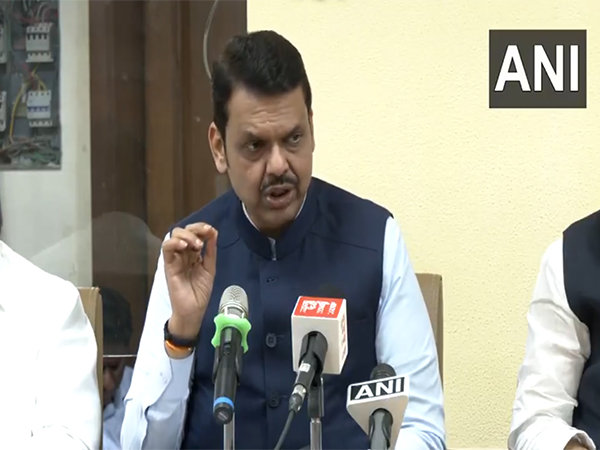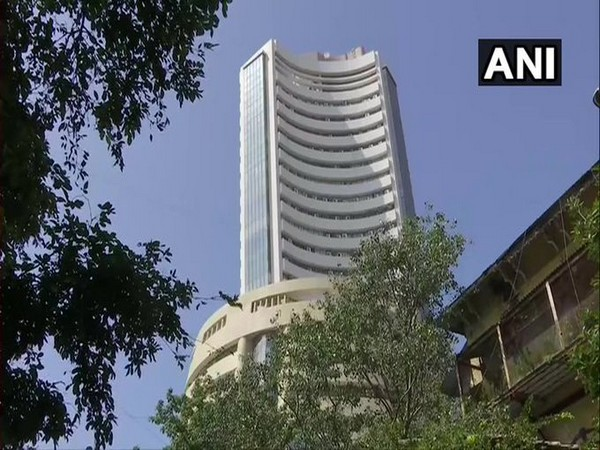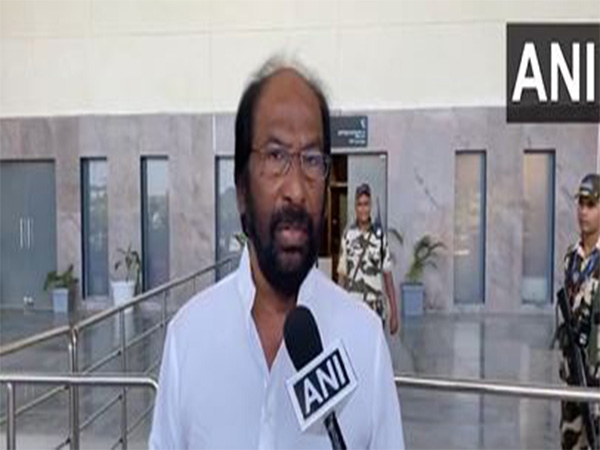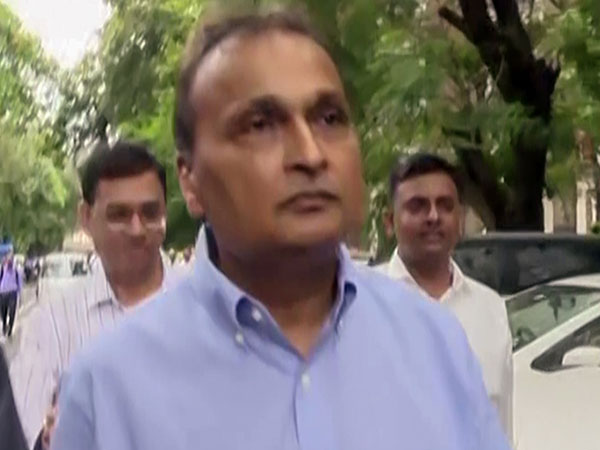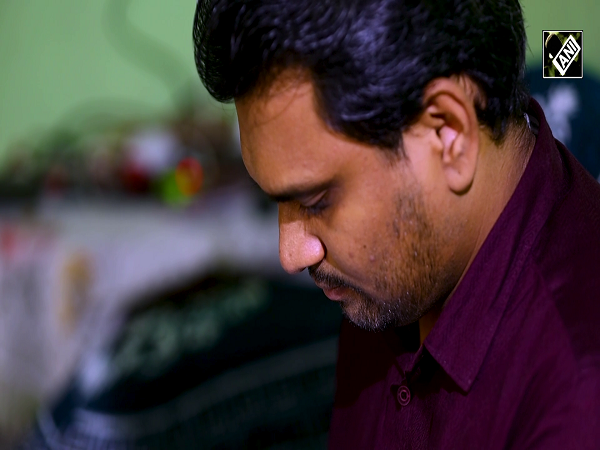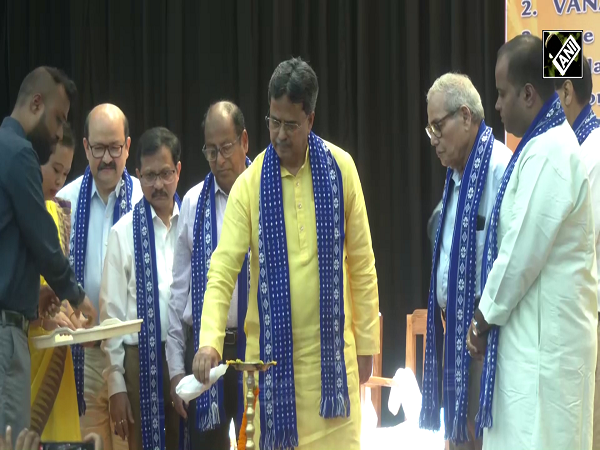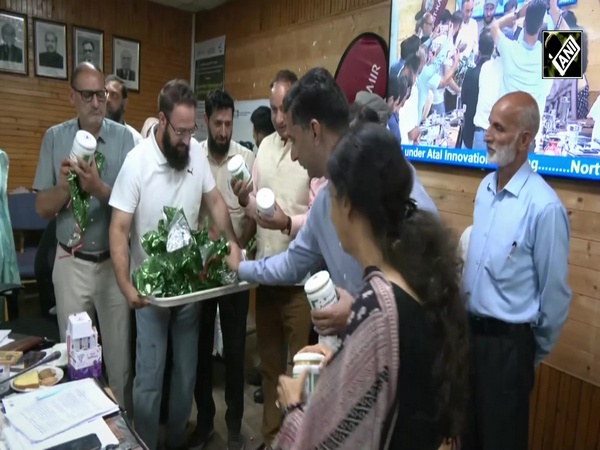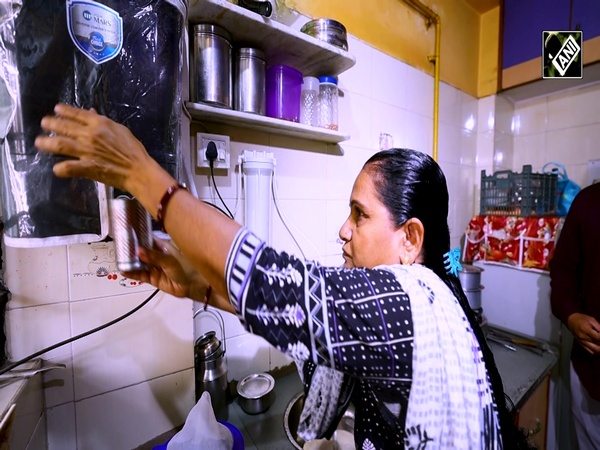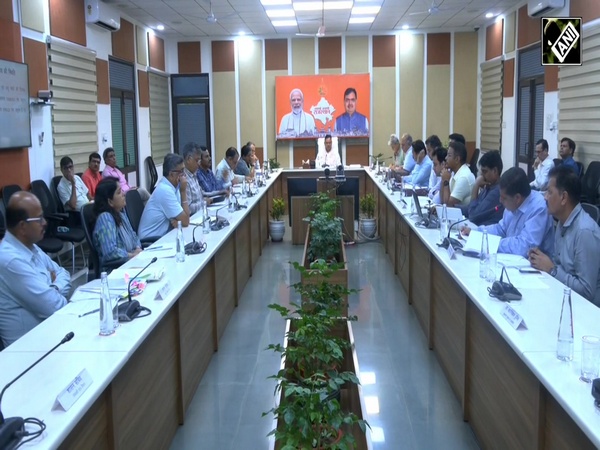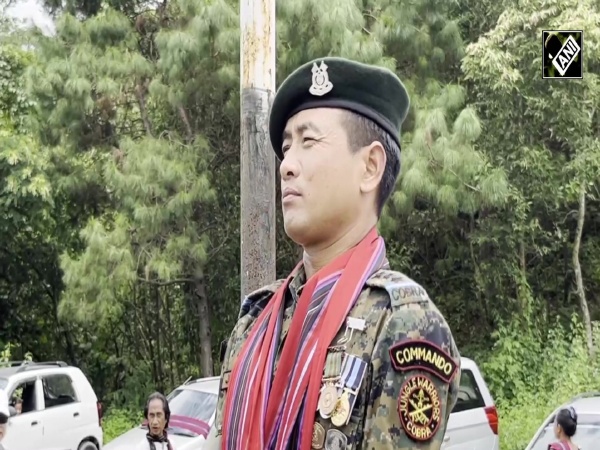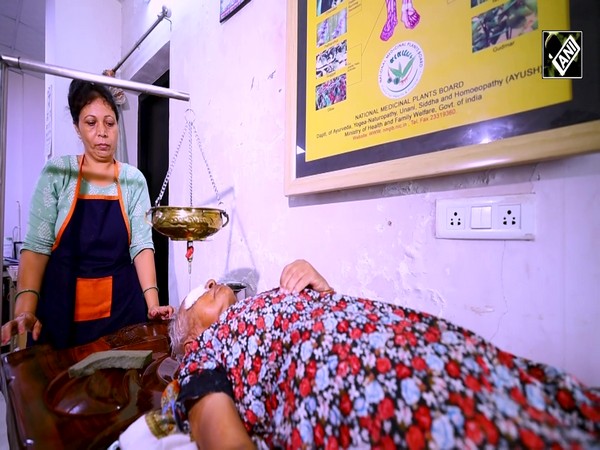Buddhist leaders meet PM Modi, express gratitude for inclusion of 'Pali' as classical language
Oct 05, 2024

Mumbai (Maharashtra) [India], October 5 : Members of the Bhikkhu Sangha on Saturday met Prime Minister Narendra Modi and expressed their gratitude for the central government's decision to include Pali as a 'classical language'.
In a significant gesture, Buddhist leaders during the meeting also recited some verses in Pali as a mark of appreciation.
In a social media post on X, PM Modi wrote, "Members of the Bhikkhu Sangha in Mumbai met me and expressed their happiness over the Cabinet's decision to grant the status of classical languages to Pali as well as Marathi. He recalled the close relationship of Pali language with Buddhism and expressed his hope that more and more youth would gain knowledge about Pali language in the coming time."
https://x.com/narendramodi/status/1842582678249329143
The Pali language is sacred language for Buddhists as it is the language of the Theravada Buddhist scriptures, known as the Pali Canon, which contains the core teachings of the Buddha. It connects practitioners with the historical roots of Buddhism, enriching their understanding of key concepts like impermanence, suffering, and non-self.
The Buddha used Pali to deliver his sermons and his followers used it to spread his teachings throughout the world.
The Union Cabinet on Thursday approved to confer the status of classical language to Marathi, Pali, Prakrit, Assamese, and Bengali languages.
The Government of India introduced the "classical language" category on October 12, 2004, first declaring Tamil as a classical language.
The government set criteria for the status, requiring that the language must have high antiquity with early texts or recorded history over a thousand years old, a body of ancient literature or texts considered a valuable heritage, and an original literary tradition not borrowed from another speech community.
A Linguistic Experts Committee (LEC) was established by the Ministry of Culture under Sahitya Akademi in November 2004 to examine proposed languages for classical status.
The criteria were revised in November 2005, and Sanskrit was subsequently declared a classical language.
The Government of India has conferred classical language status to Tamil (2004), Sanskrit (2005), Telugu (2008), Kannada (2008), Malayalam (2013), and Odia (2014).
